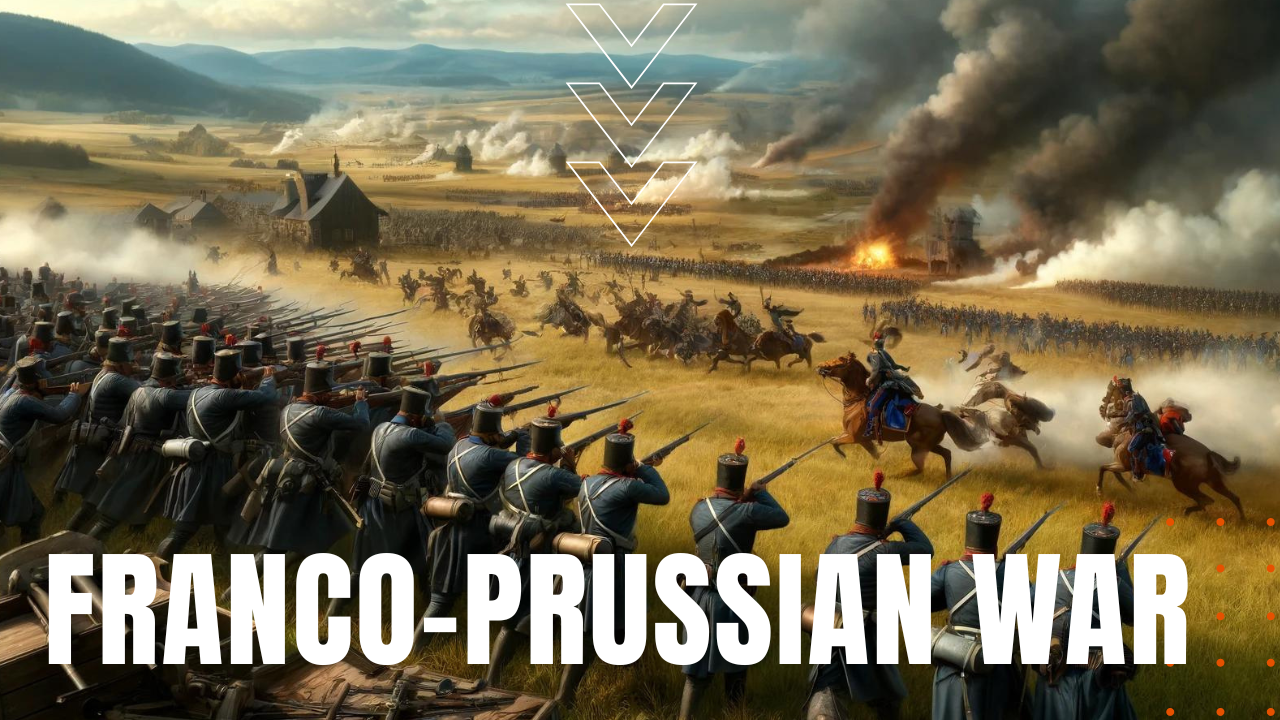The Franco-Prussian War

In a pre-war landscape ripe with comparisons to present-day America, historians point to populist disruptors in both France and Germany, who exploited the power of nationalism leading up to the Franco-Prussian War of 1870 and 1871. Both products of the revolutions of 1848 as well as master PR manipulators, Prussia’s Otto von Bismarck sought to unify the German states under a common flag, while Emperor Napoleon III of France sought to make France great again, as it had been under his famous uncle, Napoleon Bonaparte.
French Weaknesses
The war to come between the two European powers would quickly reveal France’s conscription weaknesses, which saw only a fraction of the French male population brought to service—including service buyouts for the wealthy—compared to Prussia’s system of universal male conscription. After both sides mobilized for war on July 15th, 1870, French Parliament declared war on Prussia the following day. Invading German territory on August the 2nd, the Prussian Army’s superior numbers and faster mobilization capabilities quickly overwhelmed the once dominant French superpower.
Lopsided & Costly
A series of lopsided yet hard fought Prussian victories was to follow in eastern France, culminating in the Siege of Metz and the Battle of Sedan, the later resulting in the capture of napoleon III and the decisive defeat of the army of the Second Empire. A Government of National Defense was hastily formed in Paris, managing to fight on for another five months thanks to French resistance fighters known as Francs-tireurs, who attempted to disrupt Prussian military leader Helmuth von Moltke’s supply lines. After France’s surrender following the Prussian siege of Paris from September 19 1870 to January 28, 1871, The Treaty of Frankfurt was signed on May the 10th 1871, which saw France hand over billions of francs in war reparations, as well as most of Alsace and parts of the Lorraine regions of France.
A Sign of Wars to Come
The lopsided war also sparked massive geo-political consequences after the German states unified to become the German Empire, with all eyes pointing to Berlin rather than Paris in the decades to come. The French in particular took away lessons on and off the battlefield due to their defeat in the Franco-Prussian War, including universal conscription, rapid mobilization tactics and new battlefield tactics in response to the devastating impact of modern weapons such as Germany’s breach-loading field guns, making the Franco-Prussian War, a critical turning point before the coming world wars of the 20th century.
